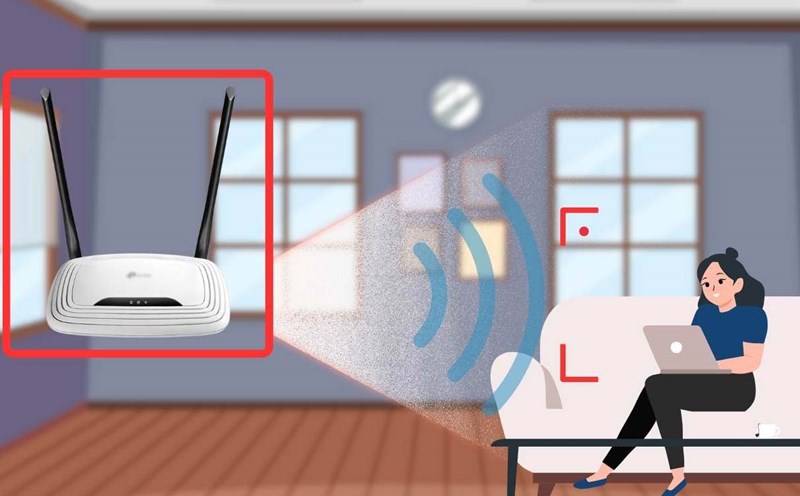Have you ever wondered why in some situations, you are willing to change your decision, but in many other cases, you are steadfast in keeping the original choice?
Research on super-perception, the ability of people to self-assess their thinking processes, has helped explain this phenomenon.
A familiar example is the Monty Hall problem, where players have to choose one of three doors. When a door is removed, players have the opportunity to change their decision. The question is why do some people change their options and not others?
Dr Dragan Rangelov, a psychologist and cognitive neurologist at the School of Health Sciences, Swinburne University (Melbourne, Australia) and his colleagues, said that super cognitive plays an important role.
This is considered an inner voice saying that we are on the right track or need to change.
Reasonable beliefs that lack of confidence drives decision-making.
However, many studies show that people change their thinking less than expected, even though they often feel uncertain
Notably, when changing, new decisions are often more accurate, a possibility known as super cognitive sensitivity.
Experimental measurement of brain activity in visual tests shows that the brain can predict changes in thinking just a few seconds before it occurs.
The discovery opens up the possibility of brain-signalization training, helping to improve decision-making quality from the start, especially in important areas such as healthcare or defense, according to the Indian Express.
So why don't people change their thinking often, even though it can bring better results? Experts give two reasons.
First, changing your decision requires cognitive efforts to re-evaluate your original choice, which is unnecessary for everyday decisions like choosing your favorite soft drink.
Second, changing opinions too often can be seen as negative in society, because stability and trust are important factors in relationships.
Research on superperception shows that changing thinking is not a sign of indecision, but on the contrary, it can be a subtle skill that helps us make the right choice.
In the future, as neurology continues to explore more deeply, practicing the ability to read signals from the brain itself can become an important tool, helping people make decisions more widely and effectively.









